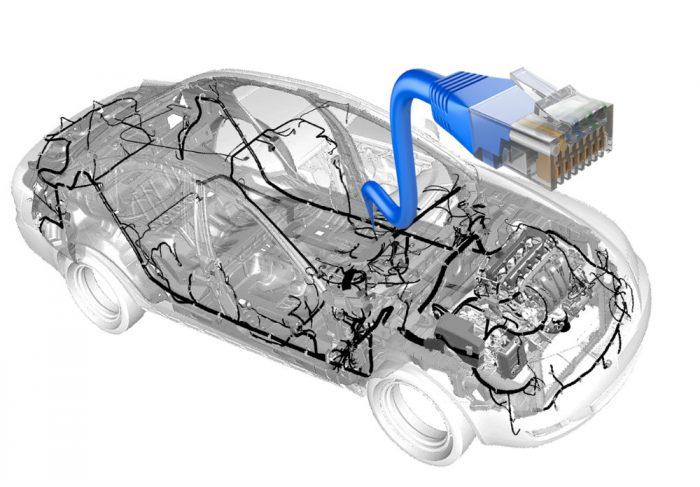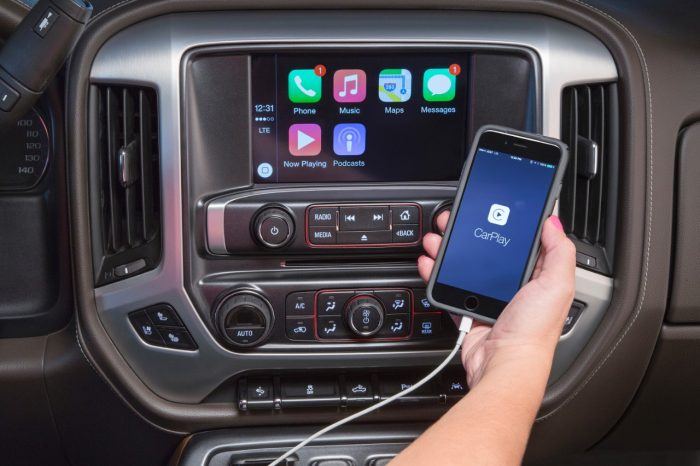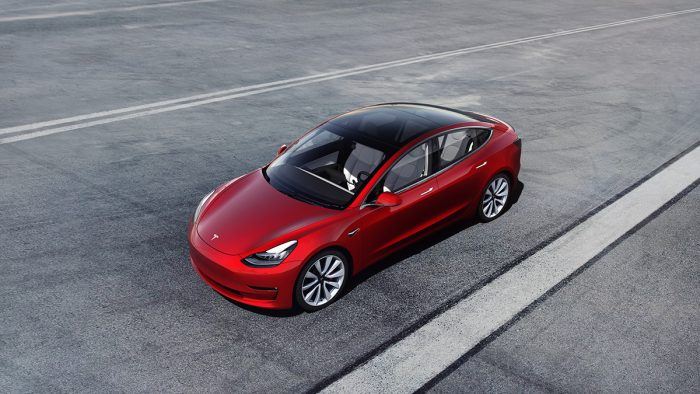- New consumer demands and preferences are changing how automakers design cars.
- From intuitive GPS to virtual assistant technology, cars may become computers on wheels.
- Automakers are seeking to meet consumers where they are from a technology standpoint.
6 Key Consumer Demands & How The Auto Industry Is Responding
Today, our vehicles offer more than just a trip from A to B. Now drivers can connect to their vehicles for things like on-demand music, GPS guidance, and even cloud access. Each year, an average commuter spends more than 100 hours traveling to and from work, and with all that time on the road, drivers are looking for features to help them be more productive or simply pass the time.
So, what are the technology trends driving consumers to the point of purchase? What are the biggest consumer demands facing car makers today? Let’s take a look.
#1: Personalized Travel
A recent McKinsey report states that, in the future, cars will become “computers on wheels” – they’ll possess the ability to connect to third-party applications, process data in the cloud, operate autonomously, and provide features and connectivity mirroring the home-entertainment experience.
Manufacturers are taking necessary steps to provide these bells and whistles. As a result, consumers feel more in control of their travel experience and more “connected” to the car.
#2: GPS Your Way
General Motors opted to forego a built-in GPS system for the new Chevy Bolt. Instead, the front screen pairs directly with the driver’s phone mapping system for route directions. This feature allows drivers to pick and choose which GPS platform – like Waze or Google Maps – they want to utilize on any given day. This is a great example of meeting drivers where they are, catering to their daily habits versus forcing them to adjust to a built-in vehicle feature.
To add the cherry on top, GM teamed with Apple and Android to replicate a driver’s phone on their in-vehicle screen. This creates a more familiar, comfortable, and integrated experience.
#3: Alexa On The Go
Ford and Amazon have teamed up to offer Alexa’s virtual assistant capabilities in Ford vehicles. Drivers can listen to audiobooks, search directions, request news, and even add items to their Amazon shopping cart. Owners can use voice commands to start, lock or unlock their car, and get important vehicle information from home.
Nissan introduced similar technology late last year.
#4: App-Assisted Parking & Mobile Diagnostics
Also on trend, Tesla recently introduced Summon, a Model 3 feature which allows drivers to park using the Tesla app. Additionally, Tesla has the ability to communicate with all of its vehicles, allowing the downloading and updating of major fixes. Consequently, vehicles stay up-to-date without inconveniencing the driver.
#5: More Secure Experiences
Hyundai partnered with Cisco to deliver real-time traffic updates, prevent vehicle hacking, and monitor the car’s condition to identify and resolve issues remotely. The feature also delivers internal communication within the vehicle, as well as external communication with smart-road infrastructure. This includes things like street lights, road signs, lane markings, other vehicles, Internet of Things (IoT) devices, and the cloud.
“Future connected cars will open new innovations in quality, safety, and security, as never before,” said Euisun Chung, Vice Chairman of Hyundai Motor.
“Digital disruption into the automotive industry is being driven by technologies that are creating new user experiences,” added Chuck Robbins, CEO of Cisco.

Hyundai and Cisco are developing a more secure connected car in response to evolving consumer demands. Photo: Hyundai Motor Company.
#6: Wireless Hitches A Ride
Manufacturers aren’t the only ones catering to the latest technology trends. Wireless carriers are jumping on the trend as 5G and IoT play an important role in the connected car. For example, AT&T allows customers to purchase an unlimited data plan for their built-in vehicle hot spots or add the feature to their monthly phone bill.
Earlier this year, Verizon Connect also introduced connected vehicle software and services that improve driver safety and efficiency. The service provides fuel monitoring, the ability to protect perishable items during transport, and more efficient routes to reduce emissions.
Future Considerations
Whether at home or on the road, consumers are looking for more enhanced experiences. It’s clear that technology’s role in the future of transportation will continue to grow, paving the way to a more connected future between the home, the car, and the driver.
Scott McLaren is the Chief Marketing Officer of Fortegra Financial Corporation, a Tiptree Inc. company. He once flew the Saturn VUE Lightship and awarded a Saturn Sky to Travis Pastrana for the first double back flip in the history of the X Games.
https://www.automoblog.net/2018/08/21/consumer-demands-auto-industry/


No comments:
Post a Comment